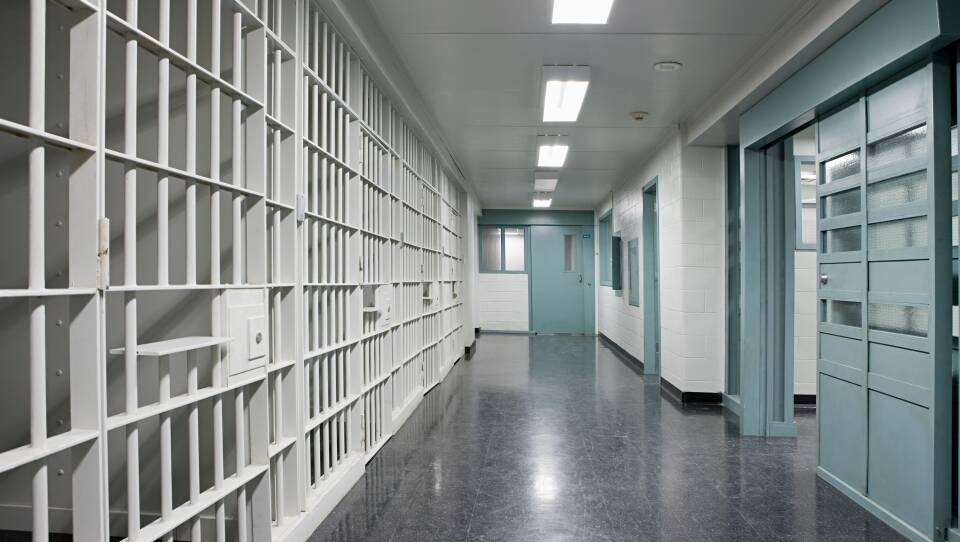Local advocates for inmates are reacting to news that the state’s Department of Correction is planning to phase out the use of solitary confinement
In an interview with GBH’s All Things Considered host Arun Rath, Elizabeth Matos, head of Prisoners’ Legal Services of Massachusetts, discussed the DOC’s decision to end the practice in a multiyear process.
Matos credited a wide array of people for the change ultimately being announced, including medical professionals, mental health experts and inmates themselves.
“Much of the work that’s been done to push for an end to solitary confinement [is] by folks on the ground, including people who are formerly incarcerated and people inside, as well,” Matos said.
The Department’s move comes in the wake of an independent report that called for reducing and eliminating restrictive housing. In line with the report, the Department Tuesday stated its intent to dissolve the ‘Department Disciplinary Unit,’ which allowed inmates to be confined in cells for an average of 22 hours per day for up to 10 years on a punitive basis, as well as studying and carrying out changes to other departmental practices.
Matos also credited a separate report issued last year by the Department of Justice that alleged “mental health watch” practices in Massachusetts facilities amounted to solitary confinement and violated inmates’ rights.
Groups including Prisoners’ Legal Services of Massachusetts have long pushed for the practice to be abolished, citing the toll on inmates’ physical and mental health.
“There’s documentation — quite honestly, going back as far as the 1800s — about how time in isolation causes mental decompensation,” Matos said. “It is also harmful, of course, to people with physical ailments, [and] has been shown very concretely in multiple studies to cause permanent psychological damage for people with mental health issues already, for existing mental health issues, and also has the potential to cause permanent psychological damage in people who hadn't had a documented mental health issue.”
“[They] end up being subjected to what we consider — and what the UN has certainly considered — to be torture,” said Matos.
According to the Department of Correction, the process of eliminating solitary confinement will play out over the course of at least three years. Matos said she’s “cautiously optimistic” that the change will happen, and that the DOC is operating in good faith. She said the agency should now focus on rehabilitating inmates.
“Solitary confinement, although it’s been used in various ways throughout the years, really experienced a proliferation during mass incarceration as a control mechanism,” Matos said. “There was a lack of investment in, really, programming and treatment, which is really what the shift needs to be here.”









